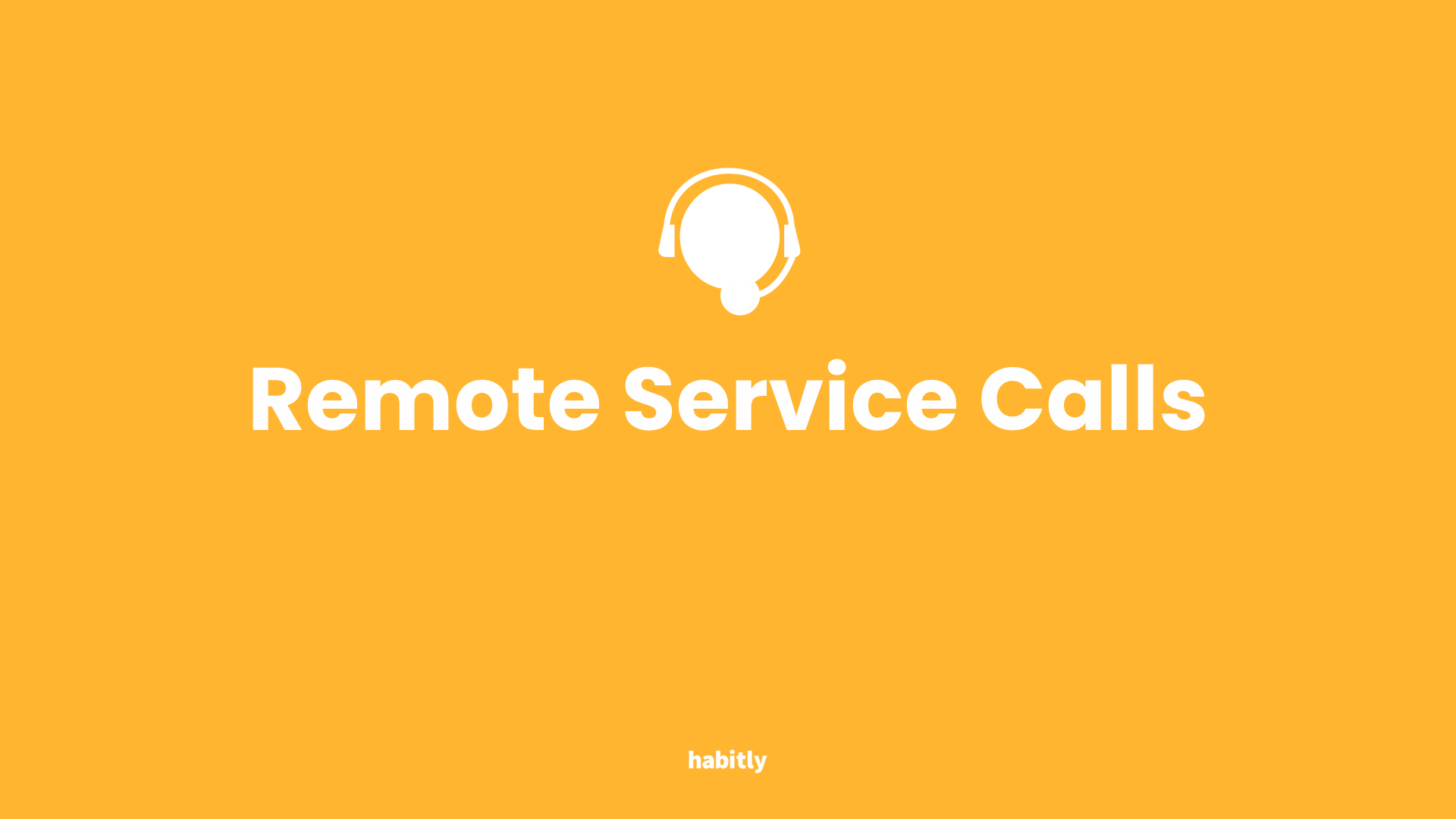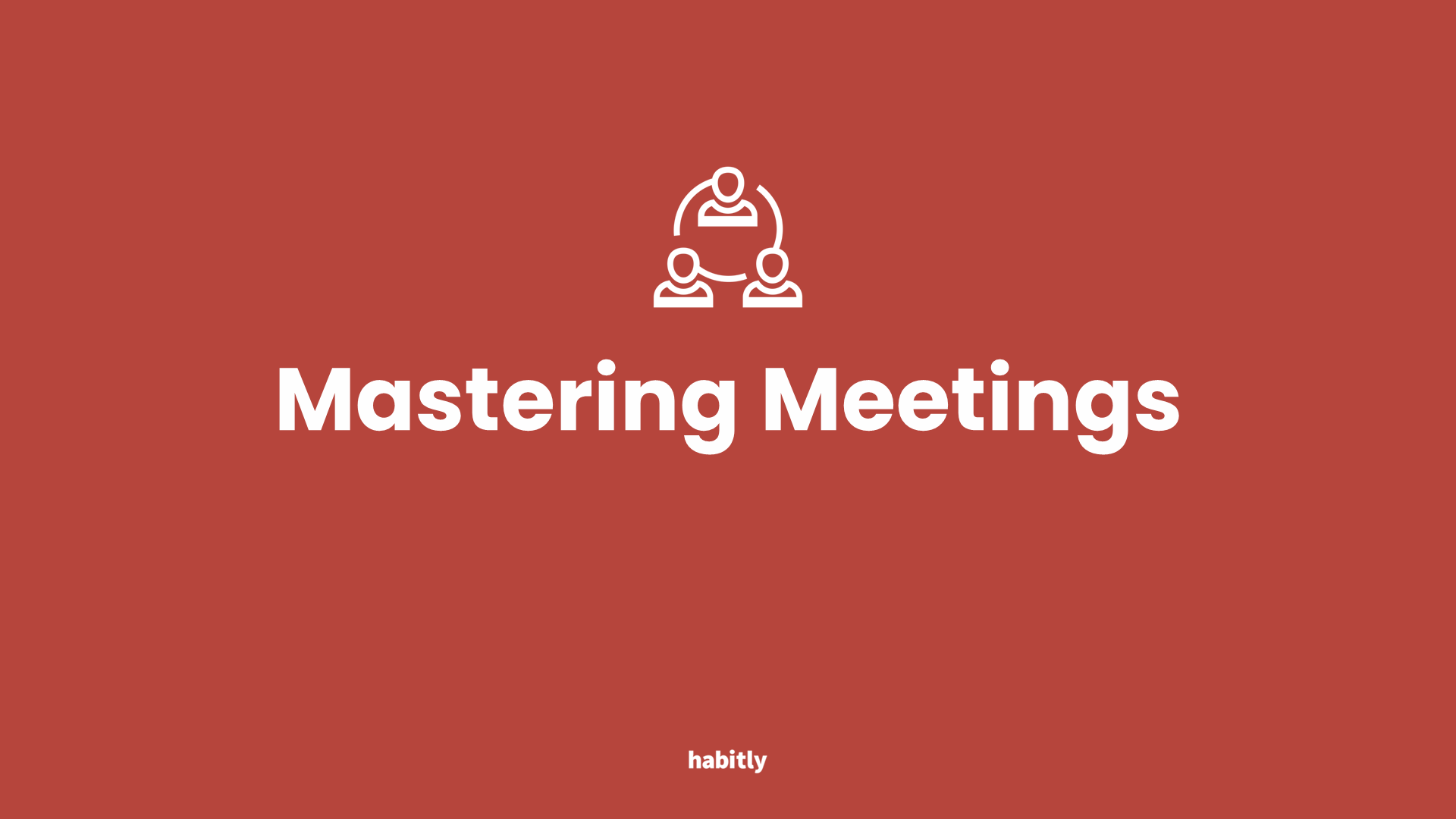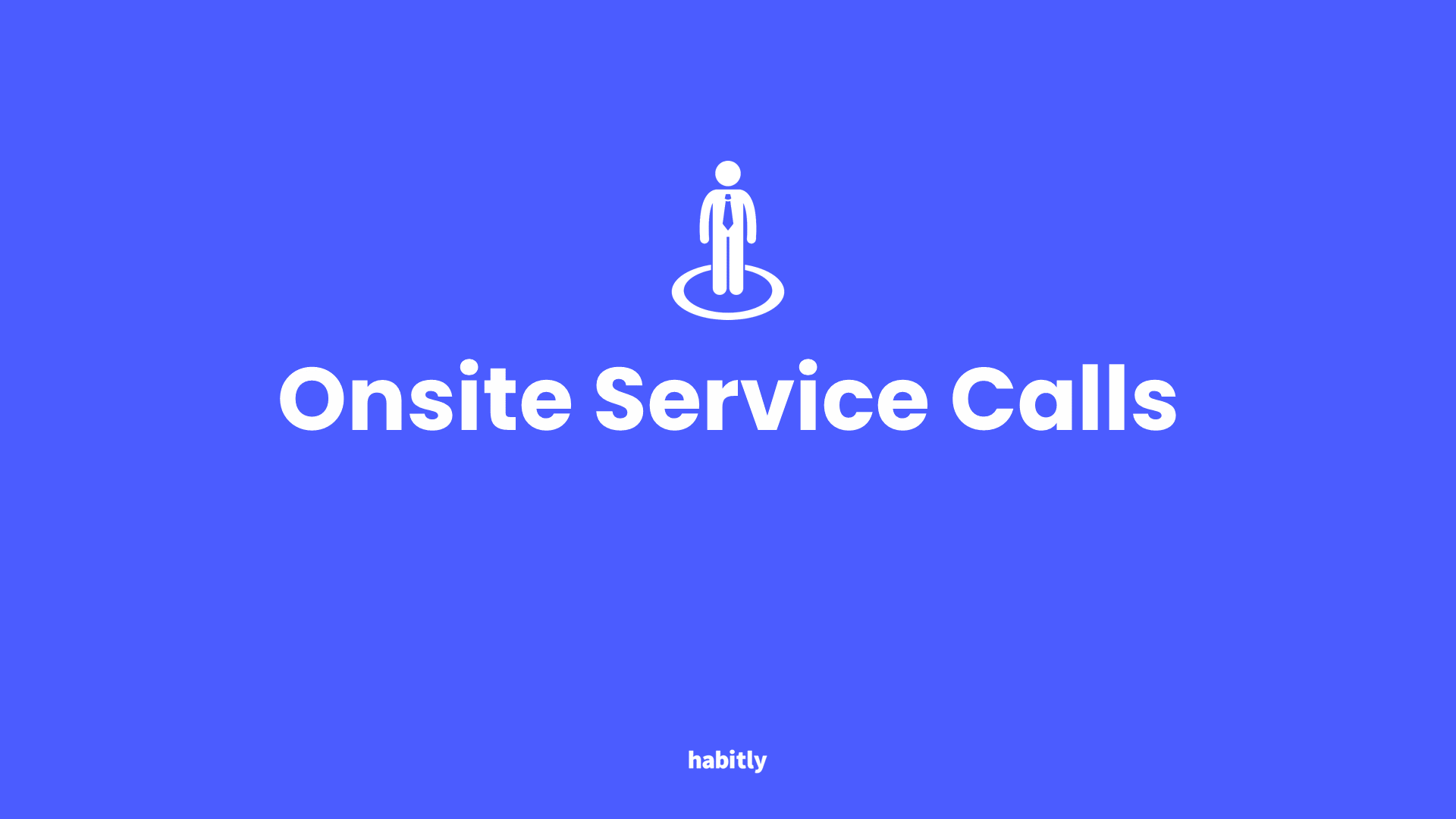Communications 101
Everybody talks, but how many of us really communicate well? Some toddlers talk their heads off but make little sense. We tolerate it because they are children, they are still learning. But poor communication skills are not acceptable for working adults.
All of your employees could improve their professional communication habits. Whether it’s listening more, adopting a better tone of voice, or using the proper channel, this course covers it all.
Remote Service Calls
Responding quickly and professionally to support requests improves Client satisfaction, loyalty, and profitability. Also, it boosts your team’s morale when they know exactly how to resolve issues in the proper manner. There are two courses on service calls, and this one focuses on Remote Service Calls. You know, those conversations that happen over the phone or via online meeting.
Remote service calls are unique. They can be more difficult than onsite service calls, because you are not face-to-face with the client. This course covers how to have a successful remote service call that makes the client feel valued.
Workplace Drama
This is Dave’s favorite course because it contains so many life-changing insights.
Have you ever experienced a fight at work? Maybe not a fist-fight, but it’s possible. What about in your personal life. Ever had a heated argument with a friend or spouse? It’s not fun. We’ve all been there. The stress can be overwhelming.
Fortunately, we can learn to deal with drama in healthy ways that reduce stress, anxiety, and conflict. Learning the skills in this course is beneficial for everyone, both personally and professionally.
Mastering Meetings
Meetings are one of the most important business activities people engage in every day. They are intended to foster the sharing of information and encourage collaboration. But too often we waste time by having inefficient meetings, or we have too many meetings. The result is a tendency to avoid the very thing that should be helping us succeed.
This course is designed to turn you into a Meeting Master - someone who can organize and facilitate an efficient, engaging, thoughtful meeting.
Business Etiquette
Good manners and professionalism are not common any more. It’s sad, but true. Only the best organizations are training their people on Business Etiquette and it shows. When was the last time you had an interaction with someone and were truly impressed with their conduct? Would you like to be the person that impresses other people? If so, you need to practice good Business Etiquette.
This fun course trains your people how to improve their behaviors.
Time Management
Since EVERYONE struggles with time management, this course is a must-watch. In today’s chaotic world you have more distractions than ever. Your email inbox is blowing up with spam, the news is predicting multiple catastrophes, and your social media feed is filled with posts, all demanding your attention.
It’s no wonder any of us can get anything done. Thankfully, we have the ability to make a choice in how to spend our time, and the best of us will start by learning HOW to manage our time most effectively. That’s what this course is all about.
Hit Your TARGETs
Numerous studies show that the simple act of having goals and objectives can improve productivity immensely. For example, did you know that teams who set clear, measurable goals generate three times the results of teams without goals? It makes sense. After all, how are you going to get somewhere if you don’t know where it is you want to go?
Hit Your TARGETs teaches you how to develop and utilize goals to organize your objectives, improve your productivity, and achieve better results.
3Strands Leadership
Most leaders have strong personalities, ambitious goals, and a dogged work-ethic. But many leaders also succeed in one area while failing in others. That’s human nature. We push on through adversity by relying on our strengths, while our weaknesses slowly creep up on us and the problems we can’t see eventually become bigger than we want them to be.
This course covers three of the most important aspects of successful leadership to help you overcome your weaknesses and be more successful.
Catching Concerns
Have you ever noticed a problem or become concerned about something, yet failed to speak up about it? For instance, perhaps you had a meeting with a client and noticed they were uneasy during part of your conversation. There are hidden clues in every human interaction that reveal when there are problems under the surface. It’s important to be able to recognize those clues and act on them, because client and employee issues escalate when people do not recognize and respond to concerns.
Be a Master Motivator
In 1914 Eduard Spranger defined six primary categories of human motivation and drive. Research since then has expanded the understanding of these motivators into 12 Driving Forces. This course explains how to focus yourself and others on work that is personally fulfilling because it relates to each person’s individual Driving Forces. This increases fulfillment on-the-job, productivity, and retention of top performers.
Onsite Service Calls
There are nuances to consider when you are on site or face-to-face with Client influencers and decision makers. Similar to the Remote Service Calls course, this training covers some best practices related to client interaction.
This course is the better of the two for people who do a blend of on-site and remote support.
Character Counts
Employees and Clients are loyal to your organization when they trust your employees to make fair decisions in their best interests. Good character is probably the most discussed topic in personal conversations, yet we rarely see it taught. There are business courses on how to be a great salesperson, how to improve your site’s SEO, or how to hire a superstar.
However, your success in all of those areas often depends on your character. That’s what this course is about.
Solving NOT Selling
Unless you’re a bona fide salesperson, asking someone to pay for a product or service can be a little uncomfortable. This course is designed for service technicians who have difficulty discussing unexpected problems that cost a Client additional money. However, everyone needs the skills and habits to discuss difficult topics.
Although this training is focused on service people, we encourage everyone in your company to complete this course. This includes owners, CEOs, executives, receptionists, maintenance workers, and warehouse staff, because your sales people aren’t the only ones who represent your company.
Ownership Culture
Working for a company can seem impersonal. People feel like cogs in a wheel, rather than drivers of their own enterprise. This is not how we want our employees to feel.
We want all of our employees to work together like owners, to feel like they have a stake in the company’s success and their own livelihood (because they do!). Unfortunately, most business owners and executives do not comprehend how to create an “ownership culture” where employees feel like they have a stake in the company. That’s where this course comes in handy.
Experience Bookends
You’ve probably heard the phrase, “First impressions matter.” That’s because how you make people feel, not how much you know, is the ultimate determining factor to whether Clients love your company. Therefore, this course teaches the importance of “experience bookends,” the way you start and end each communication. This is such a vital skill to learn, not only for interactions with clients, but for every interaction you have with another human being.
Be a Behavioral Expert
Behavioral research concludes the most effective people are those who understand themselves, both their strengths and weaknesses, so they can focus on what they do best. This course explains the four dimensions of normal behavior in the workplace: dominance, influence, steadiness and compliance. Applying this information improves communication, individual/team results, and client satisfaction.
Empathy
Sincere empathy is very important when interacting with clients and team members because it builds trust and inspires relevant solutions. This course discusses sympathy vs. empathy, how to properly demonstrate empathy, provides examples of professional empathy, and has four distinct exercises designed to test and assess each person’s ability to be sincerely empathetic.
More Courses
The good news is the “soft skills umbrella” includes so many topics and best practices that will never run out of things to teach (at least, not during our lifetime). It just takes a little time to produce new, full-length courses.
As an active subscriber you will receive complete access to new courses as soon as they are released. New courses may cover a variety of the following topics, and we welcome any requests for new topics.


















